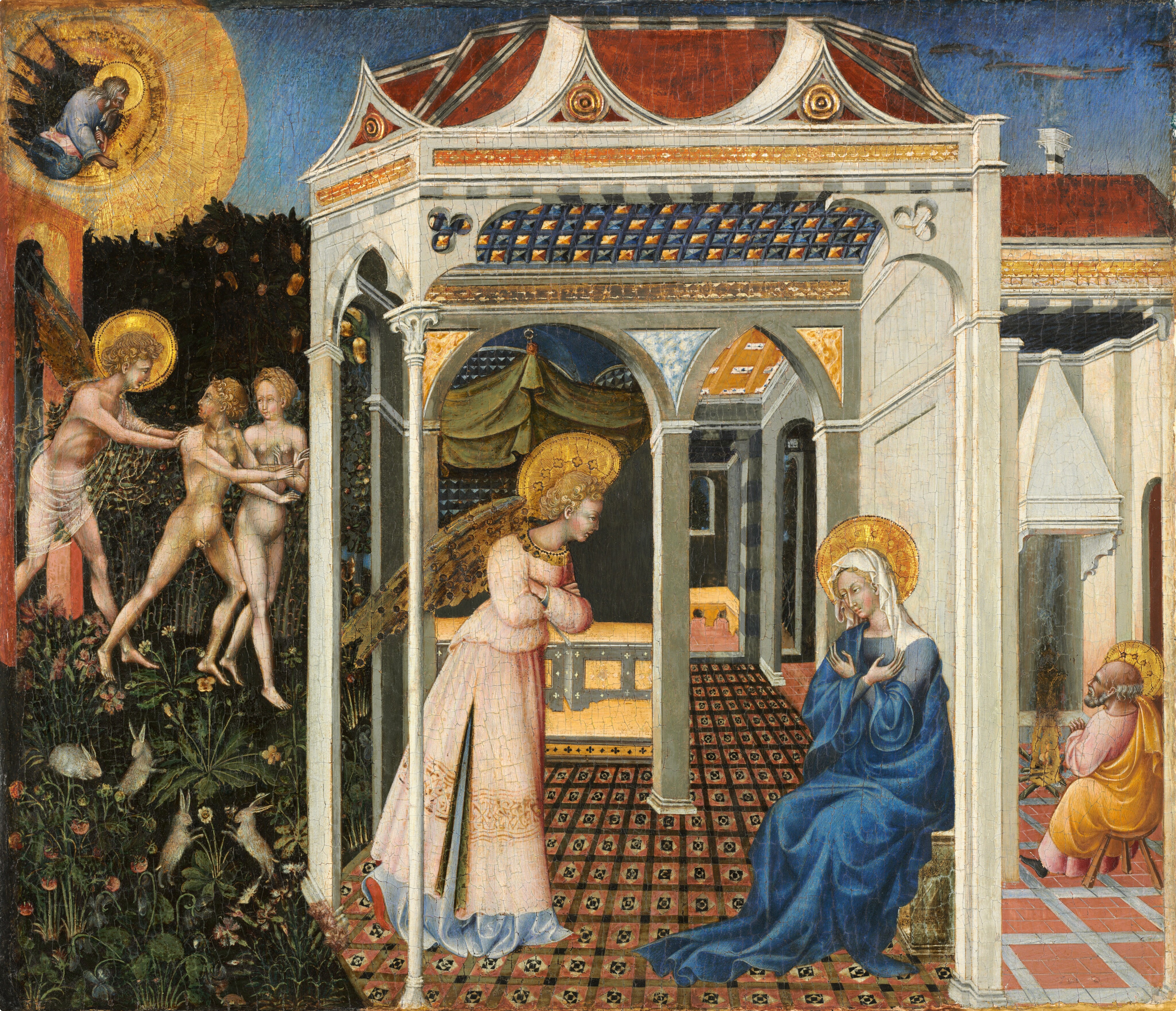
Mark Stahlman, President of the Center for the Study of Digital Life presents a free 8 session online course.
Digital Catholic Social Teaching: The Church & Technology
Sundays 3pm ET February 27 to April 17
See a 3 Minute Introductory Video
See Course Hyperbook
RSVP Here
Session 1: Social Justice -- God is Dead
Feb 27
The 19th-century saw the rise of Electric technology, replacing Print as society's psycho-environmental ground -- while generating both socialism/communism and the robber barons. In response, the Catholic Church invented the notion of "social justice," attempting to reassert Natural Law while addressing the widely growing conflicts. Hostile states responded by isolating the Church, launching "culture wars," and ultimately fomenting revolution. Nietzsche's dramatic assertion underpinned a wide range of social movements -- both on the left and the right.
Session 2: The Encyclicals -- Disenchantment of the World
Mar 6
Pope Leo XIII aggressively responded with encyclicals including "Aeterni Patris" (1879, retrieving St.Thomas Aquinas) and "Rerun Novarum" (1891, establishing Catholic Social Teaching). Forty years later, Pope Pius XII expanded CST in his "Quadragessima Anno" (1931, a cornerstone of the Church's anti-Marxist "Catholic International"). On the 100th anniversary, Pope John Paul II issued his "Centesimus Annus" (1991, from which grew CAPP, the lay organization tasked to spread CST). But few heeded the Church's call.
Session 3: Human Dignity -- Faculties of the Soul
Mar 13
In the process, the Church's authority about the character of the human soul ("psyche" in Greek, "anima" in Latin) was severely undermined, as "experimental" psychology took over. Still, underneath Freud's hostility to religion, a remnant of a Viennese Catholic psychic understanding lurks in the shadows of his theories. Even that has now been discarded and replaced with Cognitive Psychology, modeling humans on computers. Increasingly marginalized, the Church seemed to withdraw, pressured by the rising social sciences, with many relying on a "mystical" interpretation of God's relationship with humanity. We forgot Aquinas's Aristotelean Faculty Psychology and manipulating the soul became a social engineering imperative.
Session 4: Human Dignity -- Artificial Humanity
Mar 20
Under Digital conditions, this failure to fully understand the unique qualities of the human soul has led to aggressive efforts to build "artificial humans." If, as modern psychology asserts, humans are simply "information processors," then why can't they be replaced by immortal machines? Under the banner of Artificial General Intelligence (AGI), and fueled by super-power rivalries, these attempts already consume massive resources. A new "arms race" is underway. A return to a deep comprehension of the "psyche" is urgently needed and the Church must lead in its retrieval.
Session 5: Subsidiarity -- End of Mass Society
Mar 27
As Electric technology overtook the world in the 20th-century, it generated a society that treated humans as mere elements of the "collective." Welcome to the Borg. Mass psychology and psychological warfare based on the effects of "mass media" led to world wars and mass suffering. In an effort to find stability, an avalanche of increasingly "soulless" mass consumption and unrooted "globalist" ideology followed. But this is now coming to an end. Indeed, as a result of Digital technology, we no longer live in the "modern world."
Session 6: Subsidiarity -- Memory and Autonomy
Apr 3
Digital technology thrusts us all into a dramatically new cultural paradigm. Whereas Electricity emphasized "imagination" (culminating in the destabilizing effects of "social media"), Digital shifts the emphasis towards "memory" -- two of the faculties at the heart of our subconscious "Inner Senses." As this happens -- to us all -- our sensibilities are re-shaped and the "conditioning" we have suffered is now being undermined. As a result, we are experiencing a recovery of "virtue" and a widespread re-evaluation of personal responsibilities. "Mass society" is being replaced by one with new social forms and based on increased human autonomy -- aligning with the principles of subsidiarity.
Session 7: Solidarity -- God's Diplomats
Apr 10
"Peace on Earth" has long been a key imperative for the Church. Particularly after the Italian seizure of the Papal States in 1870, the Catholic Church has become a "neutral" diplomatic participant with unique moral standing. In an era when imaginary "globalist" cohesion has collapsed, the universal concern for all of humanity has become closely linked to the Church's quiet and persistent diplomatic engagement. Charity is understood by the Church as a theological virtue -- along with Hope and Faith -- and much charity will be required as the world goes through today's fundamental change in paradigms.
Session 8: Solidarity -- Three Spheres
Apr 17
The post-WW II "World Order" that we have lived under has collapsed. Onetime globalist ambitions have been shattered, as a result of Digital technology. This presents new challenges and substantially increases risks. Groups that evaluate "existential threats" have proliferated. Under Digital conditions, Catholic Social Teaching has become an even more crucial component of global affairs. Will we learn the lessons from the past and embrace the Church's experience and charity towards all? We have entered into a dangerous historic period and the Church has a vital role to play. Digital Catholic Social Teaching has become a particularly important source of guidance and grace.